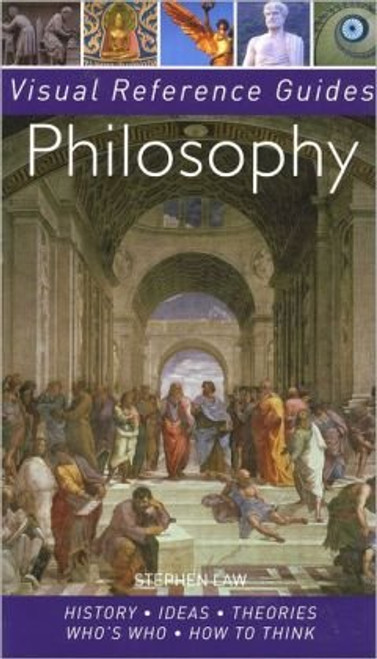Joad's Guide to Philosophy examines systematically but non-technically the central questions of philosophical thought since classical times- Is there a plan to the universe? Is mind unique and independent or a mere secretion of the brain? Is there such a thing as free will? These and similar questions in the theory of knowledge and in metaphysics are introduced, the reasons why they are so much discussed are shown, and the methods by which the discussions have been pursued through the centuries are illustrated.
The examination is, for the most part, in terms of opposed solutions- subjective idealism vs.realism, teleology vs. chance, causation vs. temporalism, logical positivism vs. vitalism and modern idealism. Under each problem area, the contributions of each of the major philosophers- Plato, Aristotle, the Scholastics, Kant, Hegel, Leibnitz, William James, and many others- are considered, with such milestones as Plato's theory of ideas, Aristotle's criticism, Kant's and Hegel's philosophical systems, Bergson's philosophy, and White-head's philosophy each receiving a chapter or more.
This clear, impartial book by the most gifted expositor in modern philosophy is written for general readers without specialized training in philosophy. It is not simply a catalogue of opinions, but a brilliant integration of answers philosophers have found to the greatest problems in human awareness.
About the Author
British author C.E.M. Joad was born in Durham County, England, in 1891. He became one of Britain's most controversial figures in the 1940s. A pacifist during a time of war and an agnostic in a majority Christian country, Joad was celebrated--and reviled--for forcefully taking on unpopular causes and was known for his witty and vigorous participation on the BBC's popular "BBC Brains Trust" program from 1941-47. During World War I he was a conscientious objector and a "diehard" pacifist during World War II. He wrote more than 40 books, covering everything from philosophy to politics. In the latter part of his life he gave up his agnosticism and turned toward accepting theism, but still remained a pacifist. He died in London, England, in 1953.







